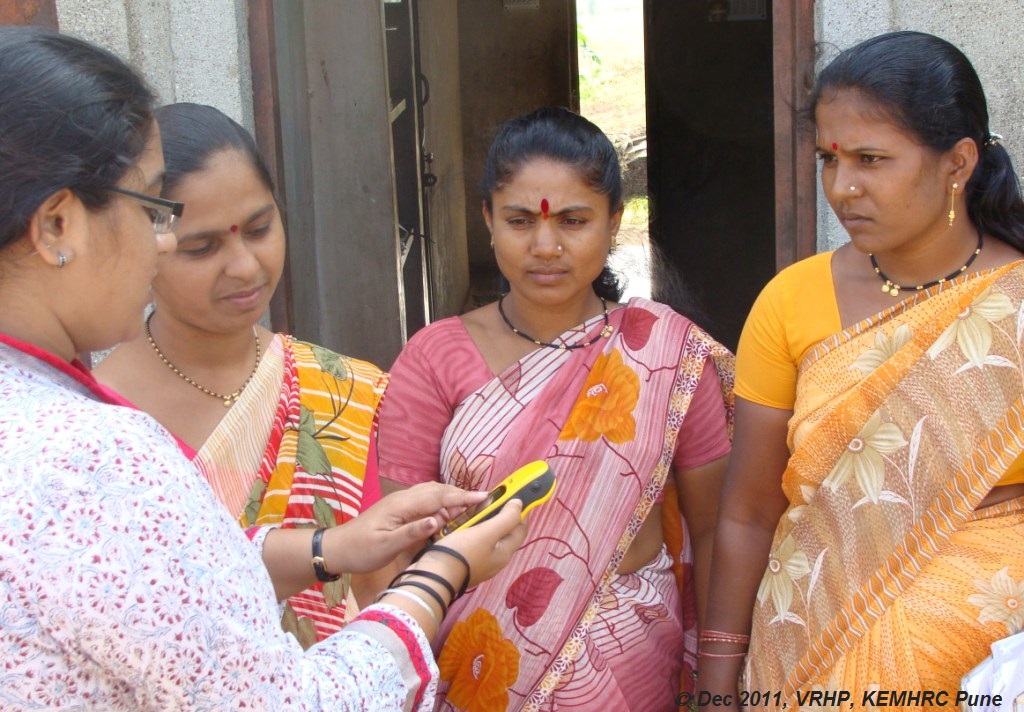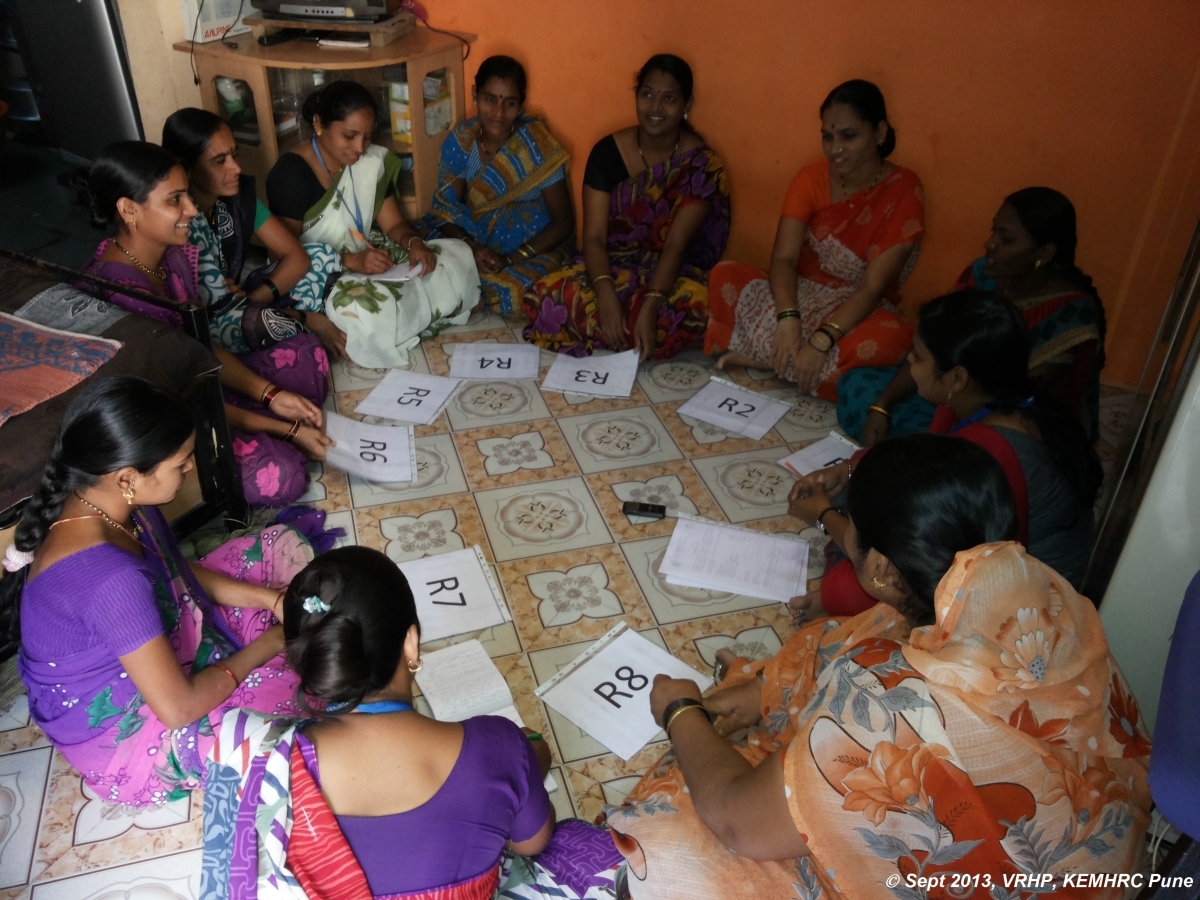Where research reaches the last woman
|

When I first came to work at Vadu, I was not sure if I could use my knowledge of biotechnology in this setting. Was it worth travelling 25 miles every day to reach my place of work, and what would I be able to achieve? After five years, I know I have taken the right decision. Work at the Vadu Rural Health Program (VRHP) touches every aspect of human life: birth, maternal and child health, nutrition, and much more.
One of VRHP's first studies in 2005 on child health looked at the relation of hand-washing practices to acute respiratory infection and diarrhea. While the study sought to identify appropriate tools to study hand-washing practices, it also gave insights into hand-washing practices of care givers, indoor air pollution, sanitation, and their impact on children.
We learned that because people in Vadu use biomass fuel and coal for cooking and heating purposes, this leads to exceptionally high levels of indoor air pollution, which is a major risk factor for pneumonia. In reaction to these findings, VRHP began to research pulmonary disease and eventually collaborated with other institutions to test the adoption of improved cook-stoves in rural India after targeted behavior intervention.
One of such studies aims to determine how a targeted behavior engagement strategy affected adoption and adherence to the improved cook stove technology and whether its use improved household air quality and reduced human exposure to air pollution. Recently during a visit to Vadu, Dr. Kirk Smith, professor of Global Environmental Health, University of California, Berkeley lauded the efforts that Vadu is taking in the field of indoor air pollution and health.

Apart from research, VRHP's presence in this rural area has had another spin off. Individuals from Vadu and nearby villages have had an opportunity to assist in research studies. Nearly 50 percent of these are women. Most of them have gained confidence, independence, and they say that their personality has developed. Many of these field workers can now address a group on various health aspects. One that I especially recall was a home maker who earlier did not have any say in her household decisions. Today, she is a member of the village council and she not only makes decisions for the village, but for her household, too!
I understand today that it is not just health research that is beneficial to the community. The work that VRHP does has helped community in Vadu become more informed and knowledgeable on health aspects too.
-- Rutuja Patil is a biotechnologist who works on ‘research to policy implications'at the Vadu Rural Health Program (VRHP), run by the King Edward MemorialHospital Research Centre in Pune, India.
Photo credit: PATH/Gabe Bienczycki














